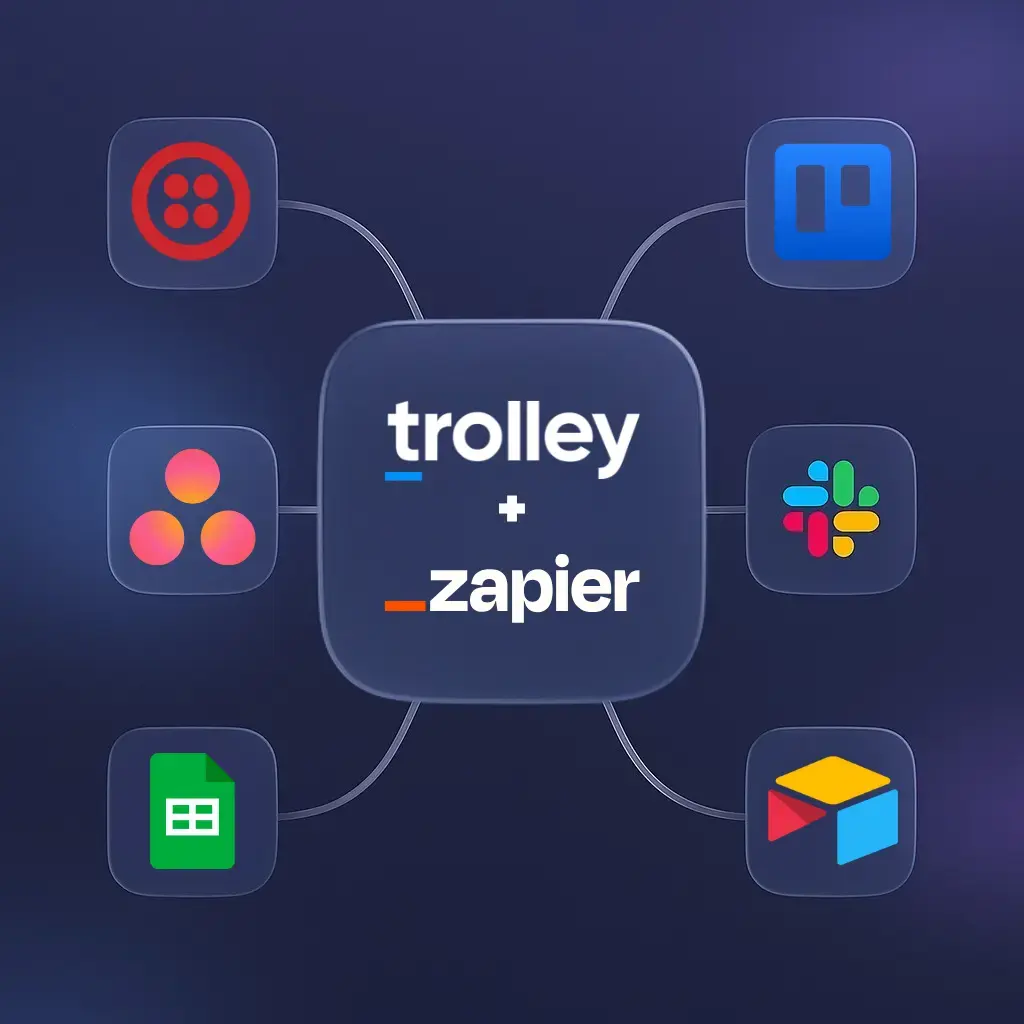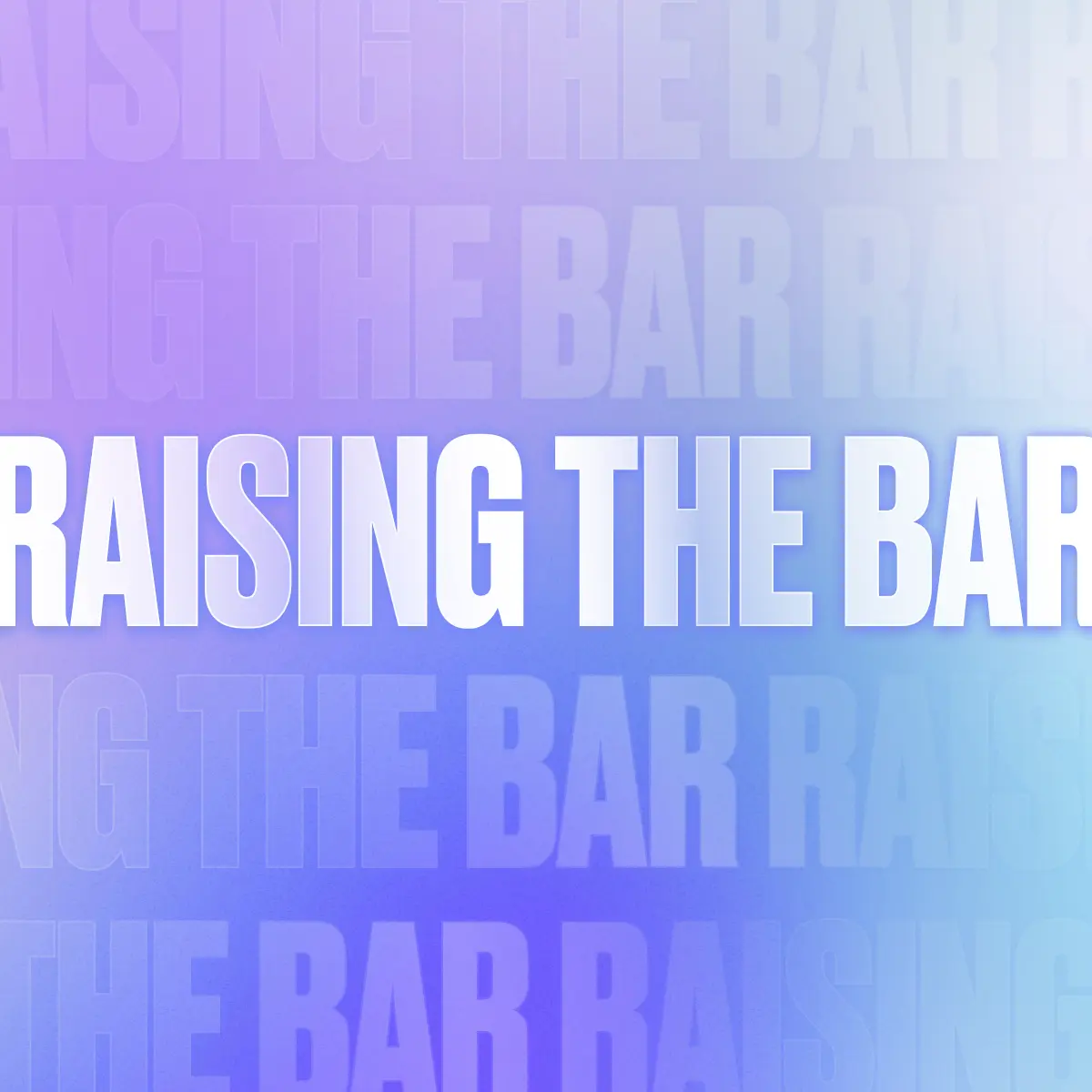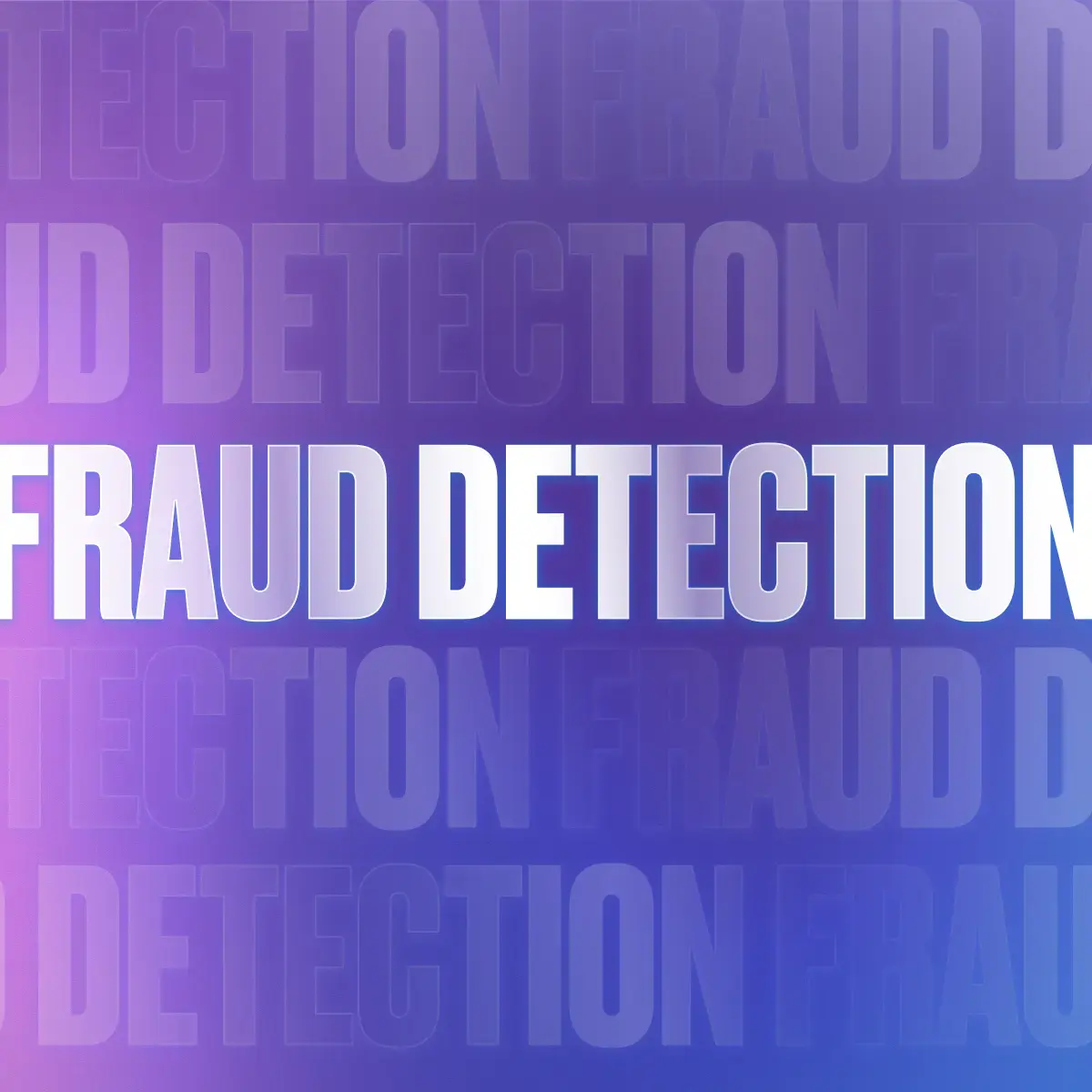Fraud is one of the toughest challenges facing the music industry today. Fake streams, identity fraud, and misallocated royalties siphon billions from the ecosystem every year. But music isn’t the first industry to face these problems, and it doesn’t need to fight them alone. Finance, aviation, and digital advertising have all battled fraud at scale, and the lessons they’ve learned can help music move faster.
Here are powerful lessons from other industries—with concrete examples—that music can apply to protect artists and ensure royalties reach the right people.
We dug deeper into these themes in our webinar with Music Ally and the Music Fights Fraud Alliance: Music Industry Fraud in 2025 — What Music Can Learn From Other Industries.
Missed it? Sign up to get access to the recording and hear from experts at Spotify, Symphonic, the NCFTA, and more.
The power of data sharing and collaboration
Fraudsters rarely work in silos, and they likely recycle the same data or tactics across multiple institutions, which means their footprints can appear in more than one place. That overlap creates an opportunity: when companies share intelligence, they can spot patterns no single player could see alone.
Shared data doesn’t just improve customer and risk decisions—it protects users and helps surface schemes that would otherwise slip through the cracks. Ultimately, fraud doesn’t happen in isolation, and fighting it can’t either. Collaboration and shared behavioral analytics are what make fraud detectable at scale.
Digital advertising
In digital advertising, click fraud and other schemes constitute a multi-billion-dollar problem. Reputable estimates suggest $68B in global digital ad spend was lost to fraud in 2022. Fraudsters use bots or hijacked devices to mimic real users and generate fake ad clicks, draining budgets while making campaigns look more effective than they are.
Ad networks have fought back by having platforms pool intelligence and align on standards so multiple companies can detect the same bad actors. A leading example is the Trustworthy Accountability Group (TAG), a global initiative dedicated to fighting fraud and promoting transparency in digital advertising. TAG takes a collaborative, industry‑wide approach, helping companies stay ahead of emerging threats and maintain the integrity of the ecosystem.
The results are telling. TAG reports that Certified Against Fraud (CAF) channels maintained invalid traffic rates of less than 1% globally in 2024.
It also launched a Pirate Domain Exclusion List to help advertisers avoid placing ads on pirate sites, and its Data Center IP List flagged more than 104 million high‑risk IP addresses in a single year.
These kinds of shared signals—suspicious IP ranges, device fingerprints, unusual traffic patterns, and more—become far more powerful when pooled across companies.
AI is making these signals both more sophisticated and harder to detect — but it’s also powering next-generation fraud-prevention tools across music and other industries.
Finance
Beyond digital advertising, other industry bodies also coordinate this kind of work through standards and shared intelligence programs. In the financial sector, the nonprofit Financial Services Information Sharing and Analysis Center (FS-ISAC) distributes alerts across banks, payment processors, and other institutions in the global financial sector in real-time.
A strong proof point of the power of data sharing comes from the UK: analysis of more than 15.8 billion transactions processed by the LexisNexis Digital Identity Network in 2022 showed that consortium data sharing among almost all major UK banks, alongside other fraud-prevention methods, kept the country’s confirmed fraud attack rate at just 0.2%, far below the global average of 1.3%.
Music
Music is now following suit. The Music Fights Fraud Alliance (MFFA) launched in 2023 to coordinate cross-platform detection and data sharing across DSPs and distributors—founding companies included Spotify, Amazon Music, TuneCore/Believe, CD Baby, Downtown, DistroKid, Symphonic, EMPIRE, and more.
Developed in partnership with the National Cyber-Forensics and Training Alliance (NCFTA), this database lets MFFA members securely share and access critical data about fraudulent activities anonymously, “providing a unified approach to identifying, tracking, and disrupting fraud in real time.” In September 2025, Trolley joined the MFFA as an inaugural partner alongside ACRCloud, Vobile, and Audible Magic.
Prevention at the onset with automation and verification tools
Effective fraud prevention is always multi-layered. Beyond data sharing, businesses across industries rely on monitoring and screening tools to identify and stop bad actors before they do damage.
A foundational layer is identity verification (IDV). Financial institutions screen customers against watchlists and validate details such as phone numbers and addresses, while many online businesses use one-time passcodes for authentication.
Behavioral and physical biometrics are emerging as strong authenticators, and businesses are increasingly investing in them. According to Experian’s 2024 Global Identity & Fraud Report, more than half of businesses (52%) cite the absence of physical biometric identity verification as their primary barrier to preventing fraud.
Yet timing is just as critical as technology. Alloy’s 2025 State of Fraud report found that only one-third of financial organizations catch most fraud at onboarding, while the rest detect it later in the transaction flow, underscoring the importance of strong KYC upfront.
Finance
In payments, for example, Visa reported blocking $40B of fraud in 2023 thanks to its investments in AI and risk technologies.
Mastercard boasts that AI enhancements to its Decision Intelligence Pro technology, which assesses the relationship between multiple entities surrounding a transaction to determine its risk, boost fraud detection rates by an average of 20% and as high as 300%.
Aviation
Airlines have also made major strides by introducing digital identity and biometric verification early in the customer journey.
From booking through boarding, carriers now use tools such as biometric checks and shared digital identity systems to instantly confirm that passengers are who they claim to be. According to Accertify’s 2025 analysis, these measures led to a 30% global drop in attempted airline fraud in the first half of 2025, with Europe seeing a 50% reduction and the US a 38% reduction. Fraud attempts globally fell to about one in every 400 bookings. The combination of early identity checks and industry-wide cooperation shows how prevention at the onset can sharply reduce risk.
Music
In music, this idea shows up as Know Your Artist (KYA): At its core, KYA is about a simple but powerful principle: if you know exactly who you’re paying and can verify that person is the rightful rights holder, you close off one of the biggest openings for fraud. Preventing impersonation at the source ensures that royalties flow to the right creators, not opportunistic bad actors.
To achieve this, KYA brings together watchlist screening, identity verification (IDV), and risk-based workflows to vet creators before any money moves. By pairing government-issued ID checks with live photo validation at onboarding, KYA establishes trust and transparency in royalty flows from the very start.
The lesson is clear: real-time monitoring, identity verification, and automation sharply reduce exposure to fraud, whether in payments, e-commerce, or music.
Closing the data gaps with transparency & standards
Not all fraud in music stems from malicious intent—much of it comes down to bad data.
At Trolley, our cross-industry analysis found that the music sector suffers a much higher incidence of data quality issues than others: 151% more duplicate recipient records and 189% more general discrepancies. These mismatches create friction and, in some cases, prevent rightful creators from being paid.
The scale of the problem is clear. In 2021, US digital services transferred $424M in unmatched royalties to the MLC, much of it attributable to inconsistent or missing metadata. Figures like this highlight the music industry’s struggle with data-related problems in various forms, including fraud.
Other industries have shown that strong, enforced standards can dramatically shrink those gaps.
Finance
One notable example comes from the financial sector, where card networks adopted the EMV chip card standard to fix rampant payment data issues. Unlike the old magnetic stripes (which stored static info easily copied by skimmers), EMV chips tokenize payment information rather than transmitting the cardholder’s actual data. This resulted in counterfeit credit-card fraud plummeting.
When US merchants adopted EMV chip cards, counterfeit card fraud at fully chip-enabled locations fell 76% between December 2015 and December 2017. Common standards, when widely adopted, can change the economics for fraudsters by making schemes harder to scale.
Healthcare
Healthcare providers have similarly turned to transparency and standards to clean up data and reduce fraud.
For instance, New York state’s I-STOP (Internet System for Tracking Over-Prescribing) initiative created a centralized prescription database and required doctors to consult it before writing or refilling any opioid prescription. This simple procedural standard closed a dangerous information gap: it became far harder for patients to attain duplicate opioid scripts from multiple physicians, a common form of fraud and abuse.
The payoff was immediate. Within a couple years of I-STOP’s launch, “doctor-shopping” for opioids dropped by over 80% statewide. In short, by standardizing how prescription data is shared and checked, New York virtually eliminated an entrenched form of medical fraud while improving patient safety.
Music
Music is moving in the right direction. The Music Modernization Act (MMA) created the MLC’s public database to unify reporting and improve royalty matching. But the effort remains incomplete globally.
Wider adoption of universal identifiers (ISRC/ISWC), better metadata hygiene, and more transparent reporting would close some of the loopholes that fraudsters exploit. The path forward is clear: industries that commit to shared standards see fraud rates fall, and music has the same opportunity if it follows through.
Webinar: get more fraud-proofing lessons from other industries
Fraud usually follows the path of least resistance. While it will never disappear completely, other industries’ learnings show it can be pushed back and routed elsewhere. By sharing data, investing in preventive tech, and committing to transparent standards, music can turn the tide.
Our recent webinar with Music Ally and the Music Fights Fraud Alliance, Music Industry Fraud in 2025 – What Music Can Learn From Other Industries, takes these ideas even further.
The session dives deeper into the tactics, technologies, and cross-industry frameworks reshaping how music approaches fraud prevention. Hear firsthand from experts at Spotify, Symphonic, the NCFTA, and Trolley about what’s working, what’s next, and how platforms are collaborating to build a more secure ecosystem.
Sign up to access the full recording and get actionable insights to strengthen your own fraud-fighting strategy.







